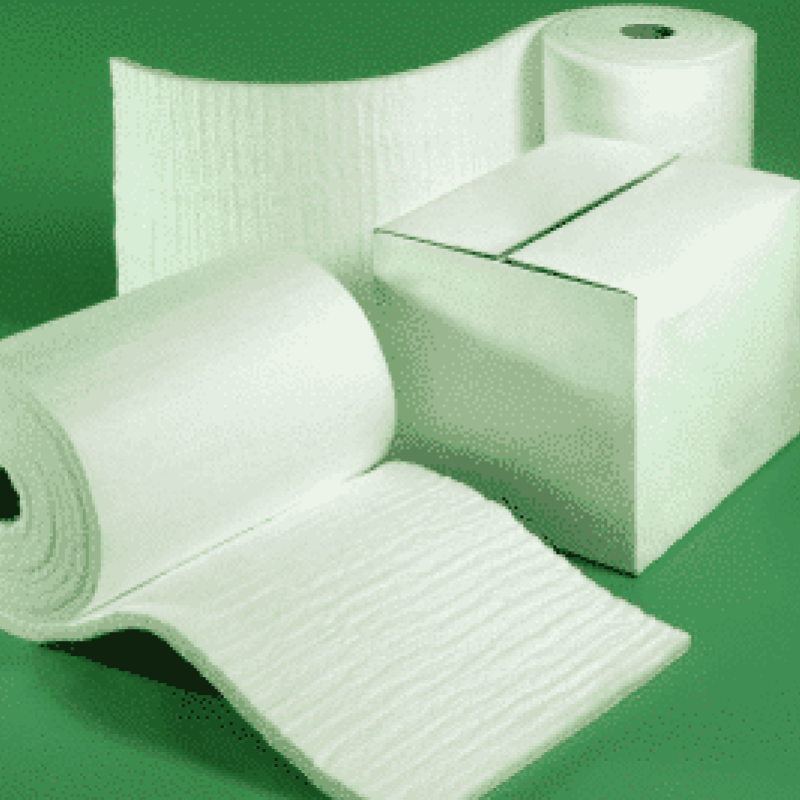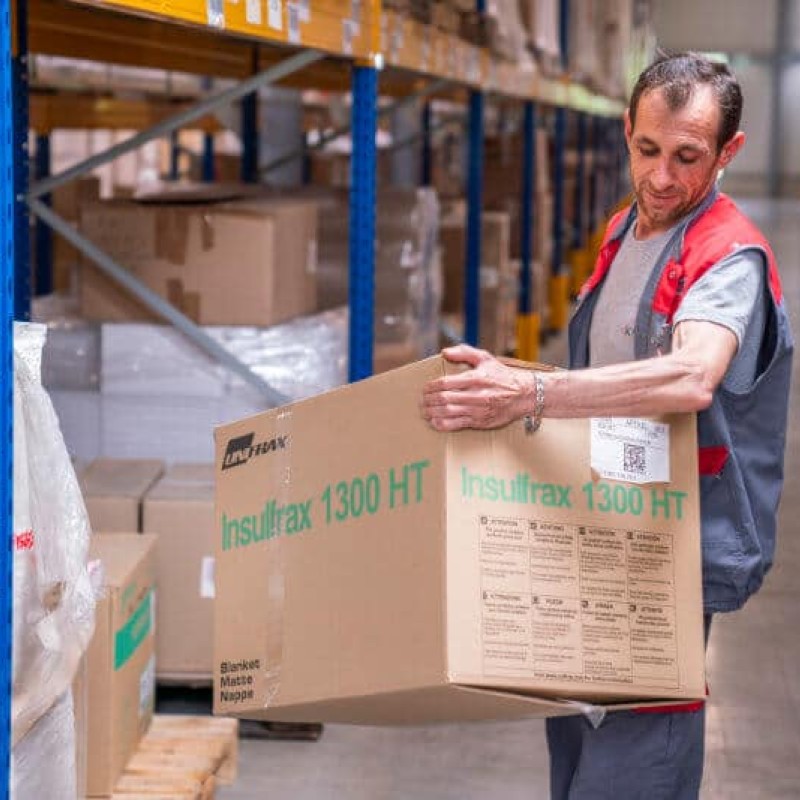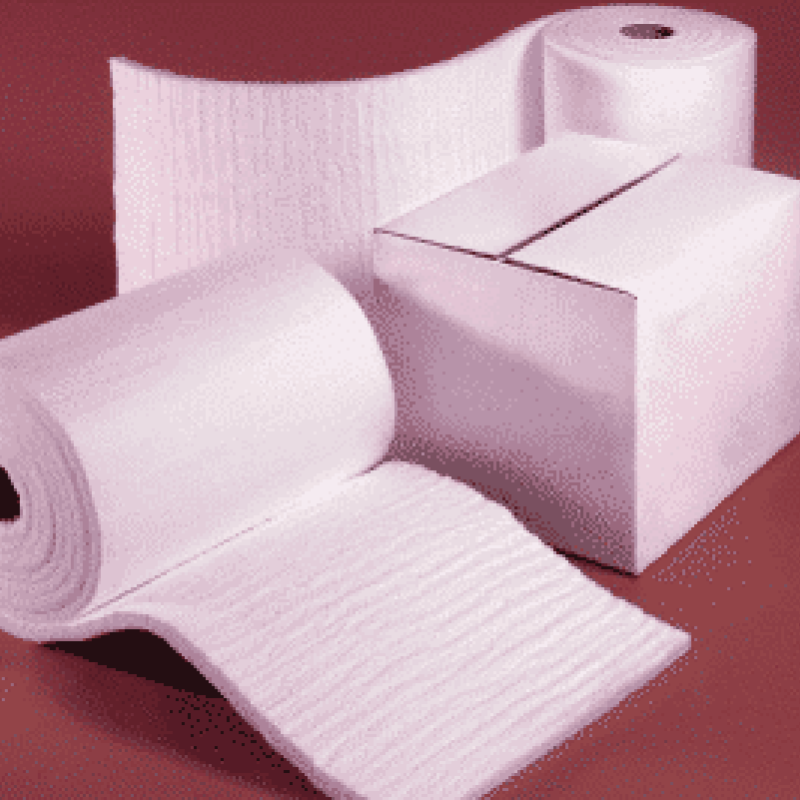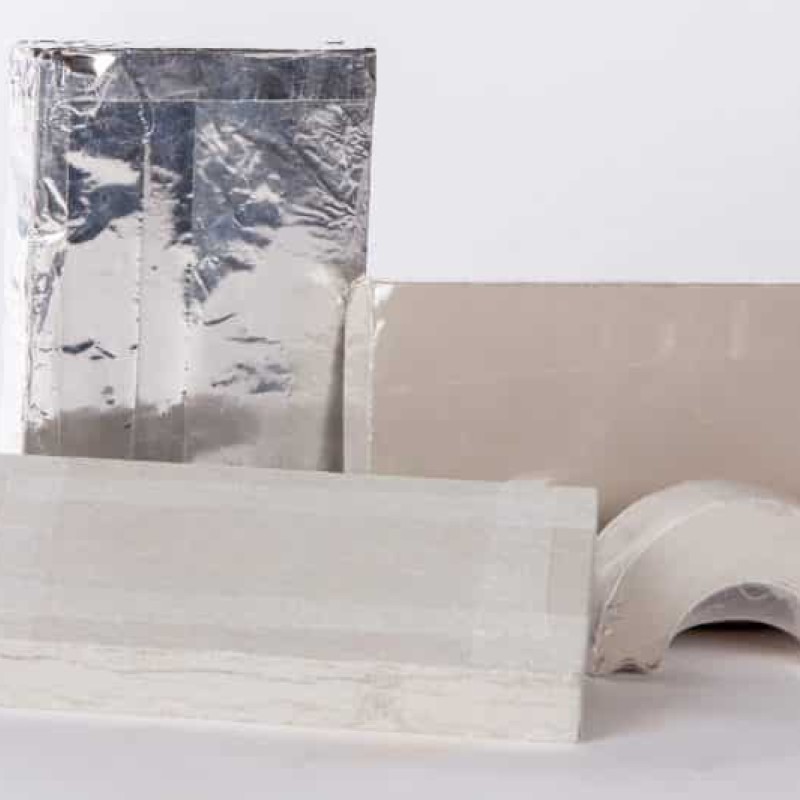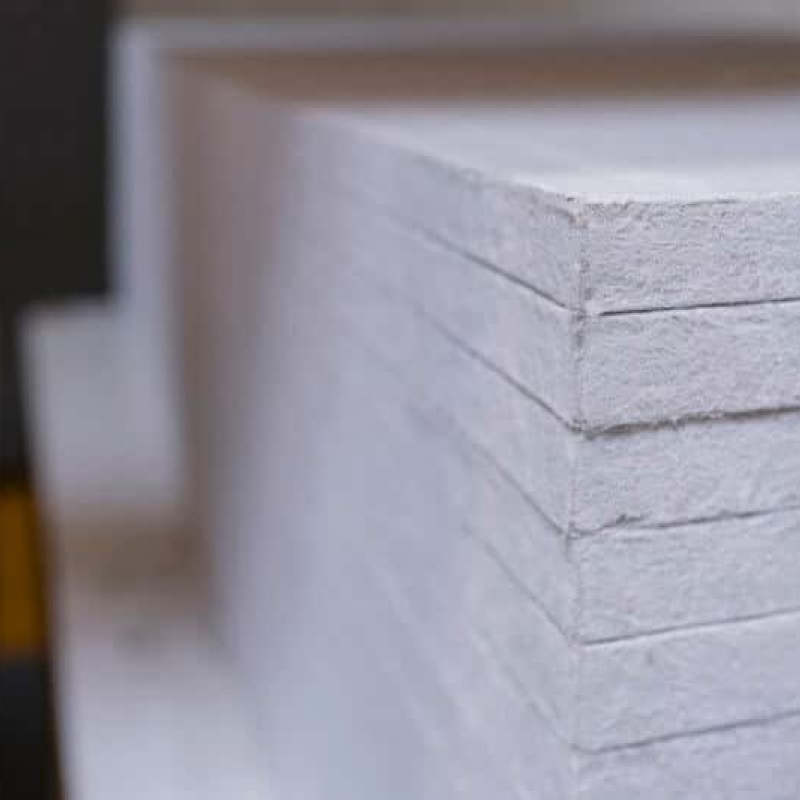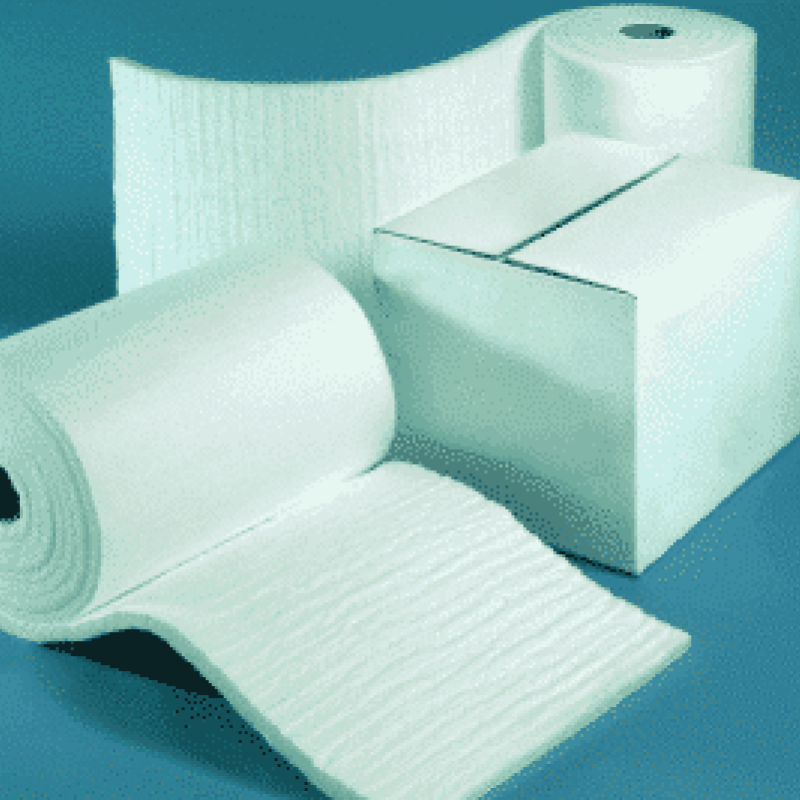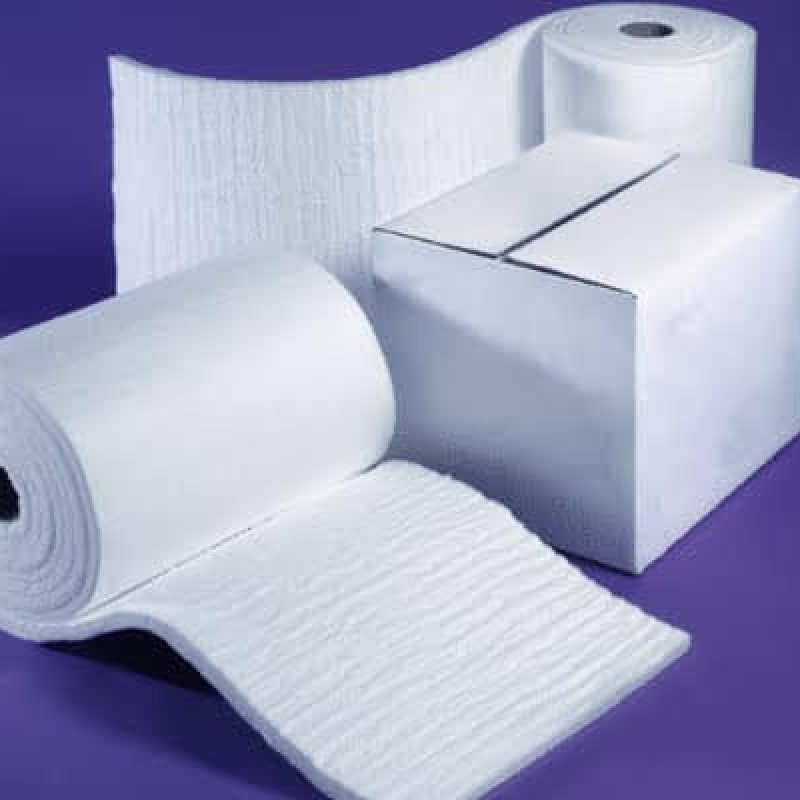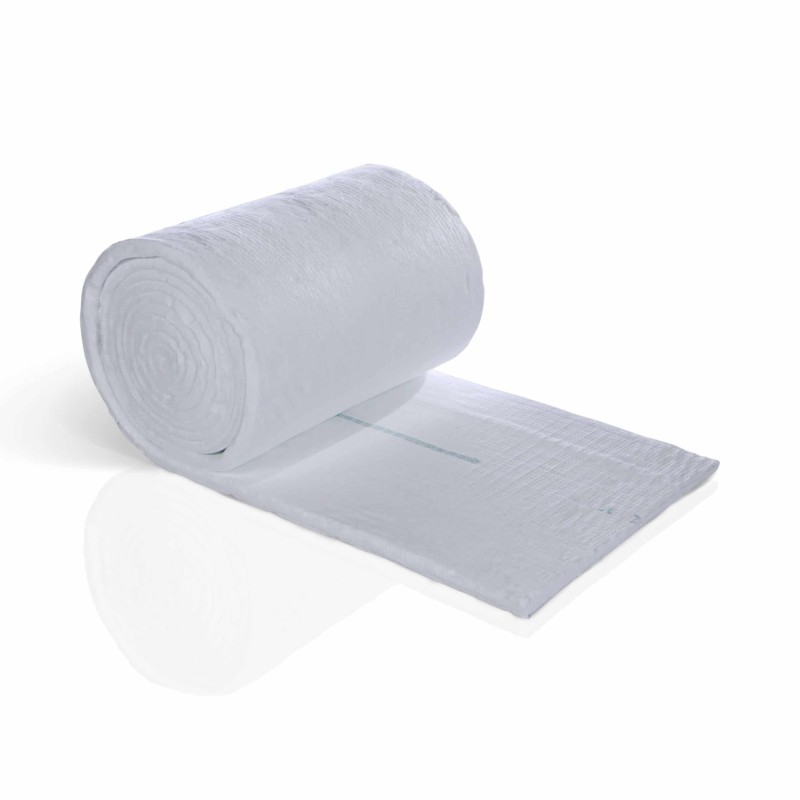
Cerablanket™ | Ceramic Fibre Mats
Has excellent chemical stability and is made from spun fibres called Cerafiber™ ceramic fibres. The blankets have excellent dimensional stability before and after temperature application.
- Thickness (mm)
- 6mm | 10 mm | 13mm | 19mm | 25mm | 38mm | 50mm
- Density / volume weight (kg / m³)
- 64 kg / m³ | 96 kg / m³ | 128 kg / m³ | 160 kg / m³
-
Strength
Excellent handling / processing strength.
Heat resistance
Resistance to temperature changes & resistance to chemicals.
THERMAL CONDUCTIVITY
Low thermal conductivity & heat storage.
PRODUCT TYPE
Mats (blankets) made of high temperature wool are needled lightweight mats made of ceramic (ASW/RCF) high temperature wool (HTW) and provide an effective solution for a wide range of thermal insulation applications. They are characterized by excellent insulating properties, high resistance to chemicals, elasticity and dimensional stability. They are exclusively inorganic and therefore do not generate smoke or fumes when exposed to heat. They are available in a wide range of densities and thickness combinations, making them one of the most versatile product groups on the market.
MATERIAL
High temperature wool made of ceramic fibersalso known as ASW (Aluminum Silicate Wool) or RCF (Refractory Ceramic Fibre), have been used for years as the standard fibre type for insulation solutions up to 1425 °C.
Morgan Thermal Ceramics
Morgan's development of low biopersistence fibers has led to a revolution in the use of fibers for high temperature insulation applications over the last 20 years. Our patented Superwool products, manufactured using ISO 9002 certified processes, are made from alkaline earth silicate (AES) composition fibers uniquely engineered to provide benefits in high temperature insulation applications.

Product variations
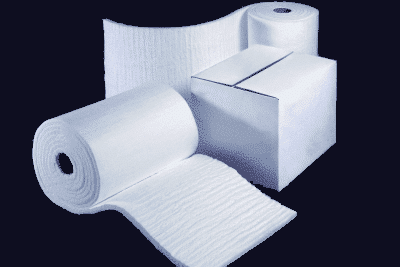 More
MoreRoll goods
Fiber mats are sold as roll goods as standard. The roll length depends on the selected thickness. As a standard width, we have 610mm wide rolls from stock. Double widths are available on request.
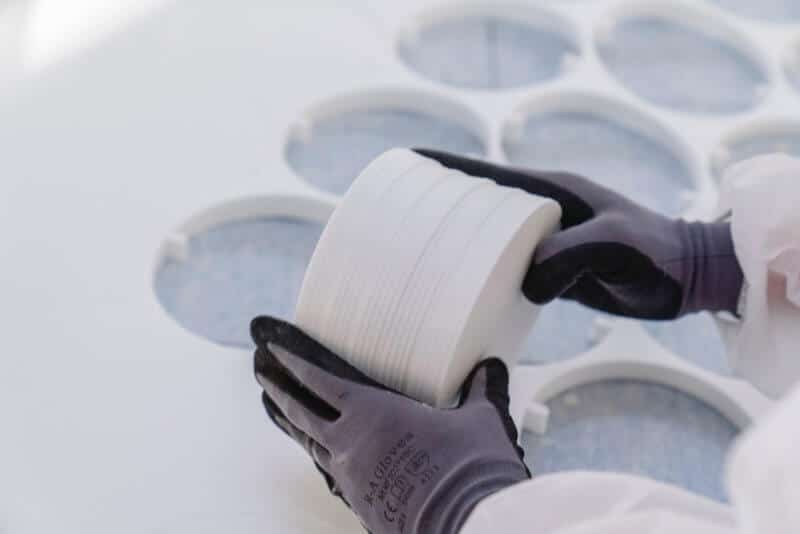 More
MoreMoldings
We manufacture molded parts according to your specifications. The roll goods are made using
Water jet
Punching
Plotting
brought into the right shape for you.
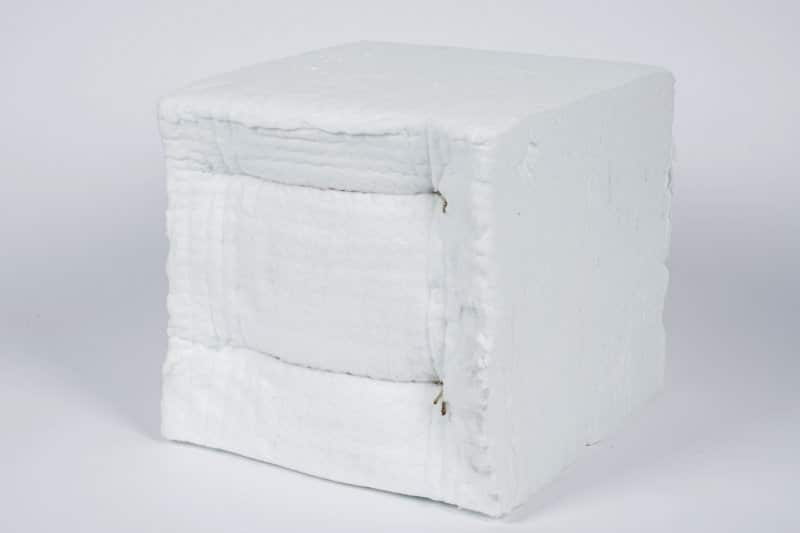 More
MoreFiber modules
We manufacture fiber modules according to customer specifications that are designed for the insulation requirements of industrial ovens, kilns and heating devices.
TECHNISCHE DETAILS
Chemical Analysis
Al2O3 46,0 SiO2 54,0 ZrO2 - Other Tracks Physical Properties colour White Classification temperature (°C) 1315 Continuous operating temperature (°C) 1177 Specific heat capacity (Kj/kg*K) 1,13 Permanent linear shrinkage (%) after 24 hours 1000 °C 1,5 1100 °C 2,2 1200°C 3 Thermal conductivity (W / mK) 200°C 0,07 0,06 0,06 – 400°C 0,12 0,11 0,10 0,09 600°C 0,20 0,16 0,15 0,13 800°C 0,30 0,23 0,20 0,18 1000°C 0,43 0,32 0,27 0,25 CHARACTERISTICS
Cerablanket™ has excellent chemical stability and is made from spun fibres called Cerafiber™ ceramic fibres. The blankets have excellent dimensional stability before and after temperature application. They have both excellent thermal insulation properties and very good acoustic insulation properties. The wide range of densities and thicknesses available allows for customised thermal insulation in almost all applications. Cerablanket™ is suitable for classification temperatures up to 1260°C.
APPLICATION
- Excellent thermal insulation properties
- Resistant to most chemicals
- Excellent thermal stability
- Low heat storage
- Firm and at the same time elastic mats
- Resistance to thermal shock
- Good sound absorption
-
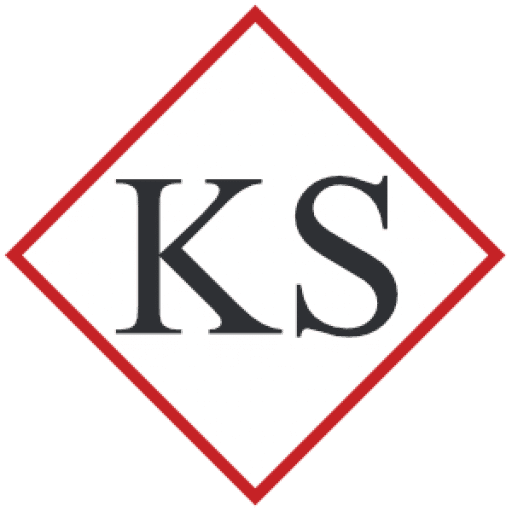
KS Kneissl & Senn Technologie
KS Kneissl & Senn Technologie GmbH has been producing insulation materials and seals for a wide variety of applications up to a temperature range of 1600 ° C since 2001. A diverse machine park (CNC 5-axis milling, plotting, punching, sewing, water jets, vacuum forming, etc.) enables us to do a variety of things Materials in shape for you bring to. The main materials include materials such as: glass fibers, Aramid fibers, mineral fibers, Biosoluble fibers, Ceramic fibers, silicate fibers, Vermiculite, Calcium silicate, Microporous materials, Rubber Material (Rubber, silicone, Silicone sponge, etc.), etc.
Seit 2009 ist der Betrieb nach der ISO9001 zertifiziert, aktuell lt. Normenrevision 2015.


